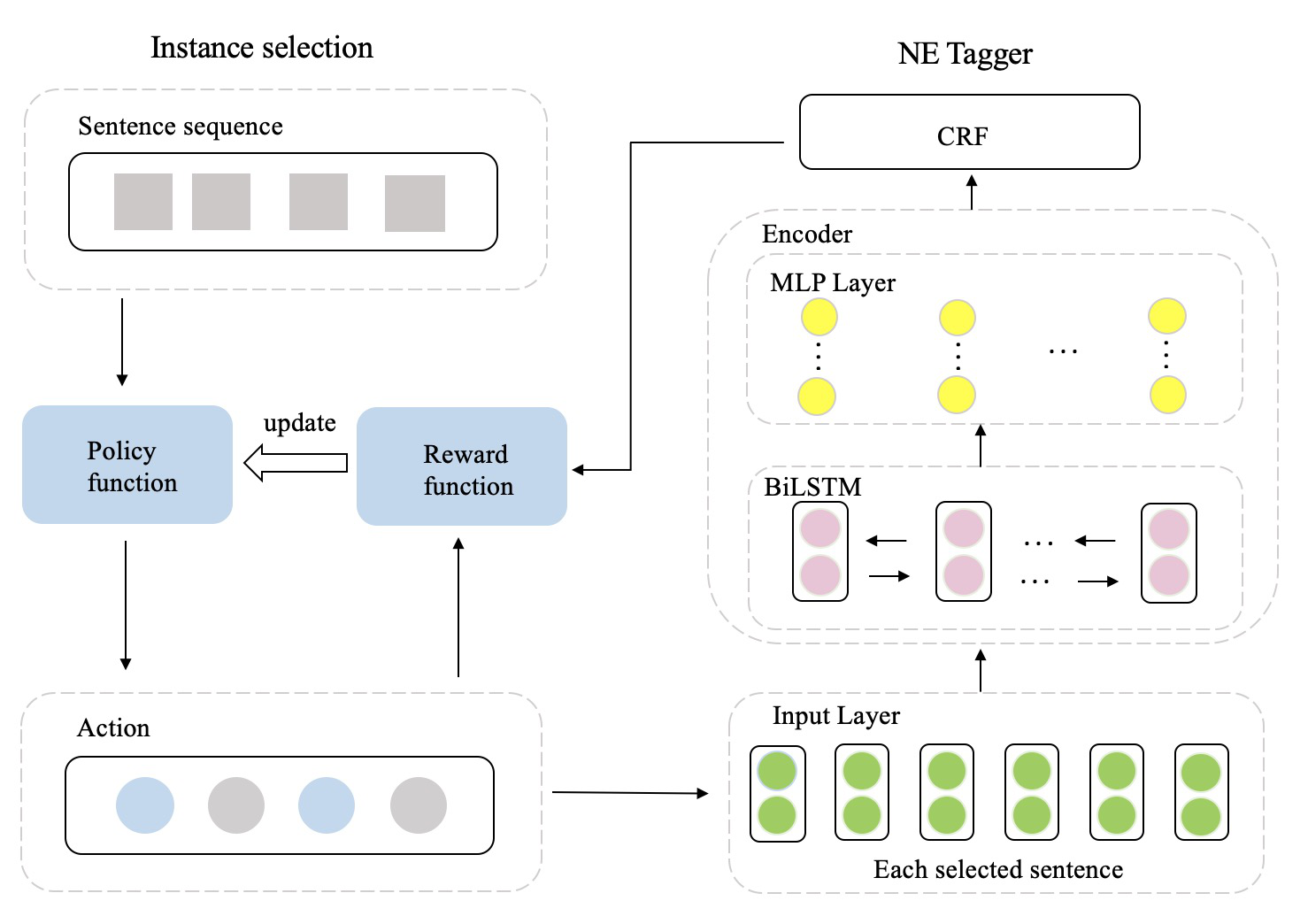MODE-LSTM: A Parameter-efficient Recurrent Network with Multi-Scale for Sentence Classification
Qianli Ma, Zhenxi Lin, Jiangyue Yan, Zipeng Chen, Liuhong Yu
NLP Applications Long Paper

You can open the pre-recorded video in a separate window.
Abstract:
The central problem of sentence classification is to extract multi-scale n-gram features for understanding the semantic meaning of sentences. Most existing models tackle this problem by stacking CNN and RNN models, which easily leads to feature redundancy and overfitting because of relatively limited datasets. In this paper, we propose a simple yet effective model called Multi-scale Orthogonal inDependEnt LSTM (MODE-LSTM), which not only has effective parameters and good generalization ability, but also considers multiscale n-gram features. We disentangle the hidden state of the LSTM into several independently updated small hidden states and apply an orthogonal constraint on their recurrent matrices. We then equip this structure with sliding windows of different sizes for extracting multi-scale n-gram features. Extensive experiments demonstrate that our model achieves better or competitive performance against state-of-the-art baselines on eight benchmark datasets. We also combine our model with BERT to further boost the generalization performance.
NOTE: Video may display a random order of authors.
Correct author list is at the top of this page.
Connected Papers in EMNLP2020
Similar Papers
Q-learning with Language Model for Edit-based Unsupervised Summarization
Ryosuke Kohita, Akifumi Wachi, Yang Zhao, Ryuki Tachibana,

A Joint Multiple Criteria Model in Transfer Learning for Cross-domain Chinese Word Segmentation
Kaiyu Huang, Degen Huang, Zhuang Liu, Fengran Mo,

RethinkCWS: Is Chinese Word Segmentation a Solved Task?
Jinlan Fu, Pengfei Liu, Qi Zhang, Xuanjing Huang,

